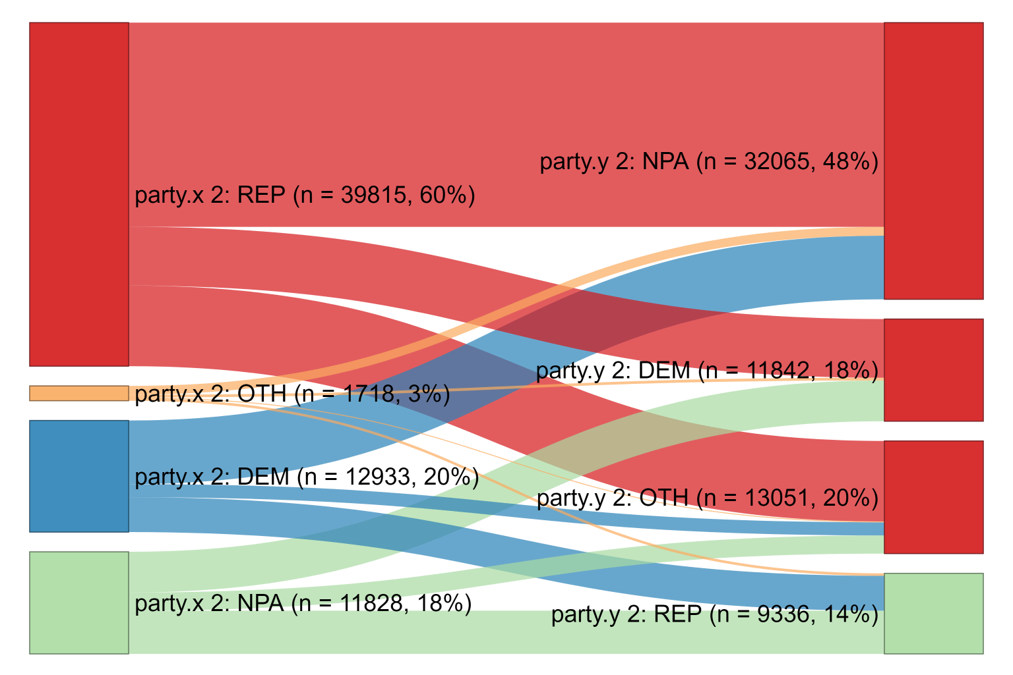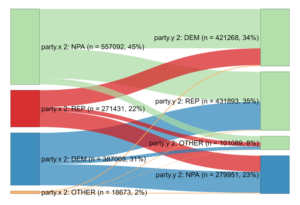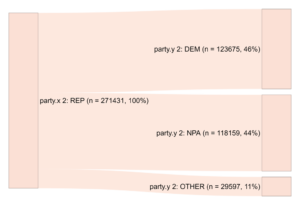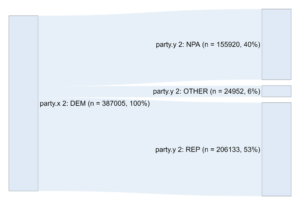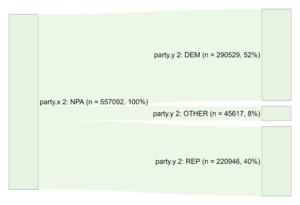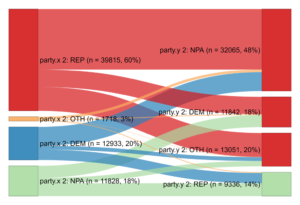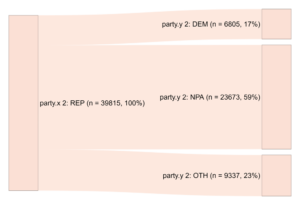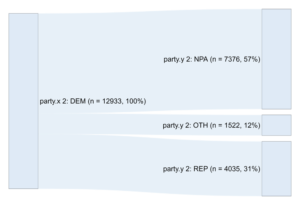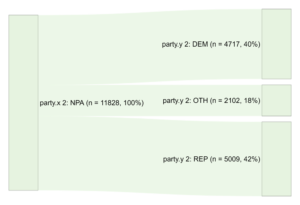
How digital media boosts and lifts direct mail
Last year our firm was fortunate enough to have a client that liked and encouraged our desire to experiment and test.
Situation
We were attempting to test the validity and cost effectiveness of obtaining petitions via direct mail. To do so, we created a self contained mail piece with perforated petitions. To further reduce friction, we paid for return postage and used variable printing to pre-fill the petitions with all needed information. Literally “all” the voter needed to do was sign, date, tear off, and drop in the mail.
Our test universe were households with voters with a history of voting in primaries. It was a large enough test universe to allow for testing multiple conditions.
We were brainstorming different creative elements (social proof, colors, calls to action) and then Ben asked “Why are we limiting ourselves to only direct mail?”
A great question. We approached the client and said since we are testing direct mail, let’s see if we can push it. The client agreed with the push and added some additional funds to the project.
We separated three test groups.
- Group 1 – Control – received direct mail only.
- Group 2 – Direct mail with a layered a digital campaign over the top.
- Group 3 – Direct mail, layered digital campaign, and received a personalized text message.
Most direct mail response rates are 1-2%. We hypothesized that the control group’s response rate would be 1% and Group 2 & Group 3 would be lifted to 2.5%.
Once again, we were dead wrong.
We had a mail date of mid-month.
Digital Media
10 days before the mail went out, groups 2 & 3 began seeing a targeted digital campaign. The creative essentially said “Look for your petition in the mail” and it clicked through to a landing page specifically about the petition.
Both display and facebook were used. The digital audience mirrored the mail groups exactly using proprietary methods.
The digital campaign continued until 10 days after the mail drop. 20 days in total.
Text campaign
The day of the mail drop, Group 3 began to receive personalized text messages:
{first_name}, this is Al from the xx campaign.In the coming days,you will receive a petition in the mail.Please read,sign & return.”
The text was repeated 2 days later, minus the opt outs of course.
Waiting
And then we waited. 1 day…2 days….7 days….nothing.
The panic began to set in. Did we just waste a a ton of money?
No, we did not.
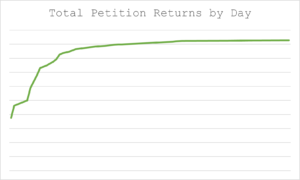 We were extremely pleased with the returns, but couldn’t wait to explore the data to explore was there a real difference between the groups?
When we finally went two consecutive business days, we allowed ourselves permission to compute the “final” stats:
We were extremely pleased with the returns, but couldn’t wait to explore the data to explore was there a real difference between the groups?
When we finally went two consecutive business days, we allowed ourselves permission to compute the “final” stats:%
Group 1 Response Rates
%
Group 2 Response Rates
%



